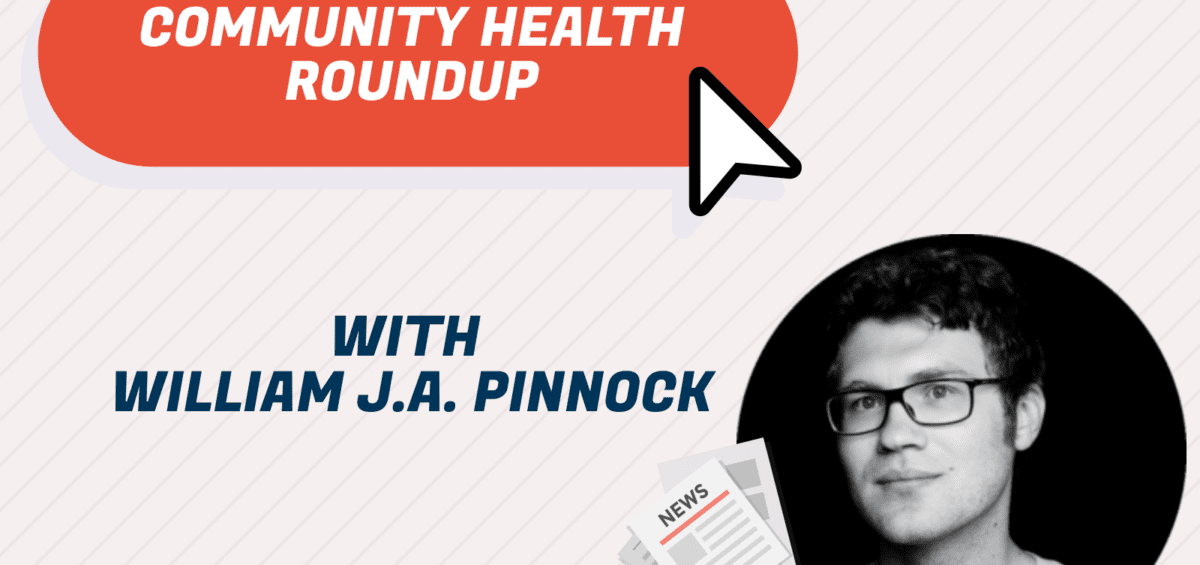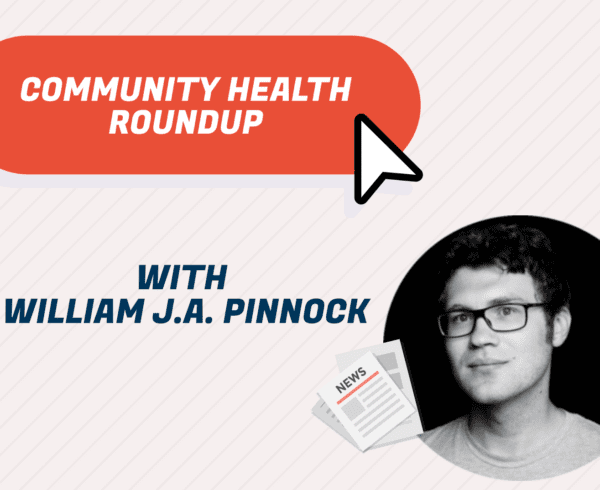Hello Community Health Roundupers! It’s been a while (two weeks to be exact) since I’ve had the opportunity to peruse the internet for the freshest health news to bring you and I apologize for my absence. To show my sincerest regret for the lack of posts, I come bearing what you all click on this article for: news, specifically….health news! This week we have an article hot off the presses about healthcare funding, more on the history of opioid addiction, potential legislation out of Oregon to help fight the current opioid epidemic, and how Chicago area students are bringing cardiovascular prevention care to underserved areas.
The Beatles once sang “I read the news today, ohhhh boy”, but when I saw this article I turned to my cubemate and said, “I read the news today, OH BOY!”. (Okay, I didn’t actually do that because my cubemate is in a meeting, but I’ve been wanting to shoehorn in a Beatles reference for some time now). The news that made the pretend version of me borrow a Beatles line for emphasis was that the government has now signed a budget that includes multi-year funding for community health centers ($7 billion), the Children’s Health Insurance Program (CHIP). and more funding to help combat the opioid epidemic. Click the link in the first sentence to read more from the Los Angeles Times.
History is fascinating, especially when you see parallels to today and this is what we are seeing with the opioid epidemic. I’ve posted articles before on the history of the opioid epidemic and the parallels to today, but it’s a topic that we need to keep remembering because the opioid epidemic is not something that just sprang up in the last twenty years, it’s been around for over a hundred years in some level of severity. So please, head over to the Smithsonian Magazine and read about America’s 19th century opioid epidemic here.
In Oregon, Gov. Kate Brown has proposed legislation to curb the growing opioid epidemic by doing three things: requiring those who are prescribed opioids to register with a state-monitoring program, require a study to examine barriers to medication-assisted treatment (MAT), and create a pilot program where former opioid addicts serve as counselors in emergency rooms. Read more about the legislation and how it is gaining momentum in Oregon.
KYHH sounds like the name of a radio station west of the Mississippi River, but it’s actually the acronym for “Keep Your Heart Healthy”, a student run program out of the Feinberg School of Medicine at Northwestern University. The goal of this program is to bring cardiovascular disease preventive care and education to underserved areas of Chicago and provide pre-clinical medical students an opportunity to practice motivational interviewing. Read more about the program here!
William Jacob Amadeus Pinnock is a Research Coordinator at OCHIN where he assists with the creation, execution, and dissemination of research projects. He graduated with an MS in Communication from Portland State University where he focused on health communication, rural mass media, and qualitative research methods. He has experience working in commercial health insurance, healthcare research, and radio broadcasting. In his spare time, he is an Adjunct Instructor at Portland State University helping students master the art of public speaking.





